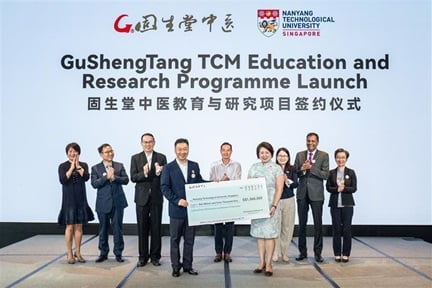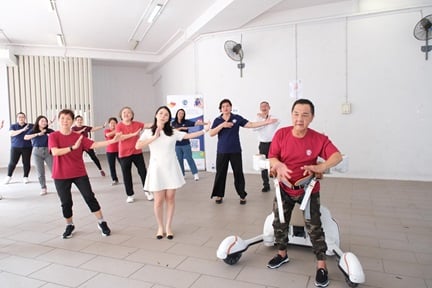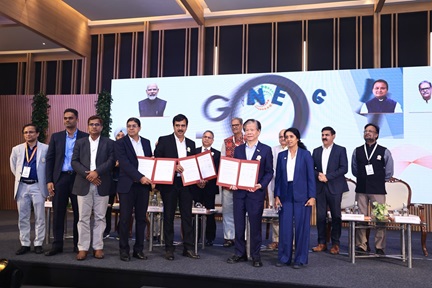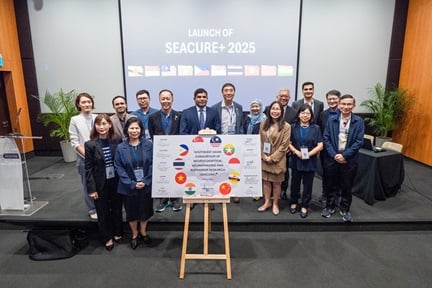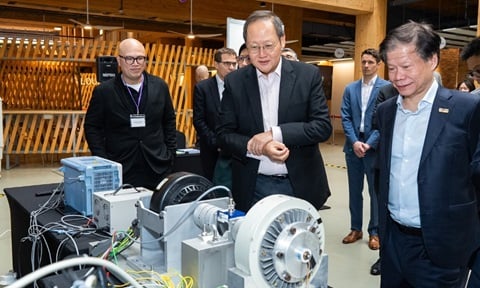NTU-Imperial partner in S$20m project for healthcare cyber security
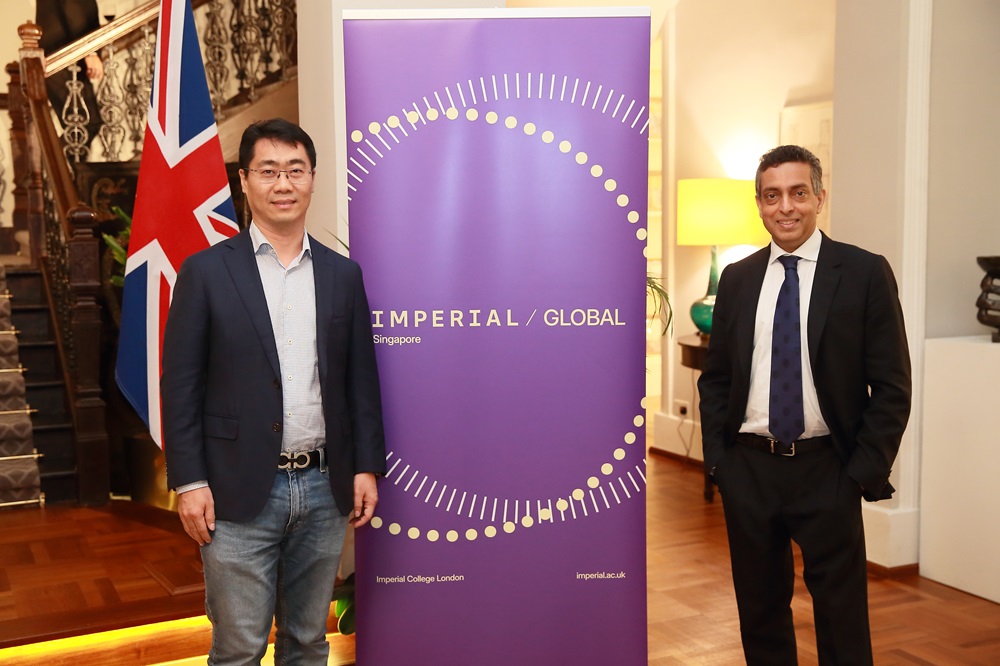
Image: NTU Singapore’s Professor Liu Yang (left) and Imperial’s Professor Anil Anthony Bharath will lead the research programme, called IN-CYPHER, under the new Imperial Global : Singapore research and innovation centre.
Imperial College London has opened its first overseas research and innovation centre in Singapore to strengthen collaboration between the UK and Singapore.
The first research programme taking place at the new centre is a major S$20 million grant in collaboration with NTU Singapore to improve the security of medical devices and health data. The programme,IN-CYPHER, will leverage Imperial’s expertise in this area to establish Singapore as a global leader in health cybersecurity and AI for healthcare as it bolsters research and funding in these emerging areas.
The centre, which builds on the longstanding Imperial-NTU Singapore strategic partnership, will enable scientists to rapidly scale new scientific breakthroughs and technology to societal benefit and commercialisation in Southeast Asia.
The first research project the new centre will focus on is improving the cybersecurity of medical devices.
As technology in healthcare improves and more personal data are collected and stored, there have been security concerns about the risks and threats of personal data being stolen or medical devices operation being disrupted by accidental or malicious actors.

